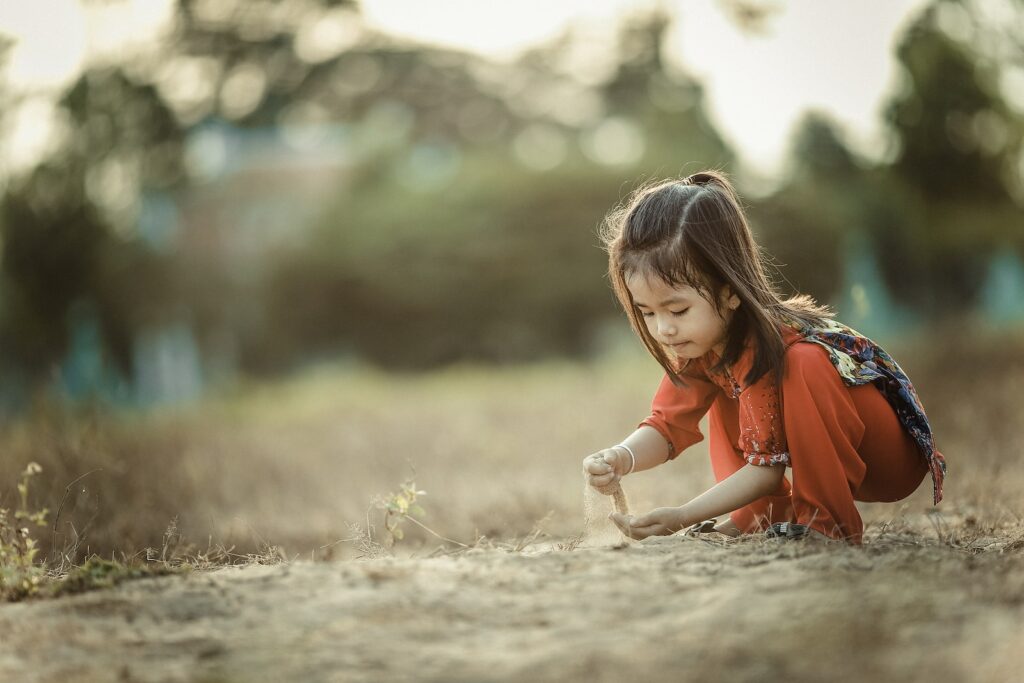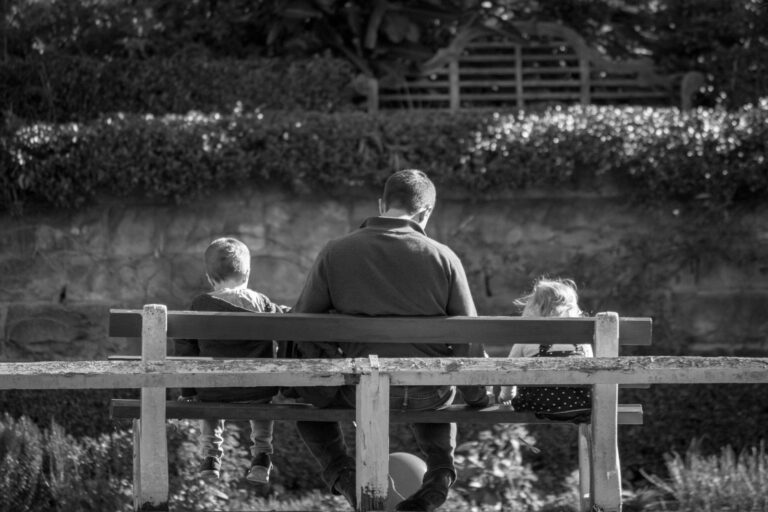Explore More
Secrets to Raising Happy Children: Which Parenting Style Works Best?
Which parenting style works best for raising a happy child? In this article we explore the secrets to raising happy children and the impact of different parenting styles, including relevant statistics and their effects on a child's brain.

Raising happy children is a goal shared by most parents and the choice of parenting style can significantly influence a child’s emotional well-being. Let’s explore the secrets to raising happy children and the impact of different parenting styles, including relevant statistics and their effects on a child’s brain. While it’s challenging to quantify happiness precisely, studies have shown some trends:
Children raised with authoritative style tend to be friendly, energetic, cheerful, self-reliant, self-controlled, curious, cooperative and achievement-oriented.”
Parenting Styles– American Psychological Association
- A study published in the Journal of Happiness Studies in 2019 found that children raised by authoritative parents reported higher levels of life satisfaction and happiness.
- Research from the American Psychological Association suggests that children of permissive parents may be more prone to risky behaviors and lower overall happiness levels.
- Children raised by uninvolved parents often experience emotional neglect, which can lead to decreased happiness and overall well-being.
Parenting styles and their impact on children’s happiness
Authoritative Parenting
This style combines warmth and clear boundaries. Authoritative parents provide support and guidance while allowing their children a degree of independence. Statistics show that children raised by authoritative parents tend to be happier and more emotionally stable. This parenting style fosters a sense of security and self-esteem.
Permissive Parenting
Permissive parents are indulgent and avoid imposing strict rules. While children may enjoy more freedom, studies reveal that they can sometimes struggle with self-regulation and may exhibit lower happiness levels due to a lack of structure.

Uninvolved Parenting
Uninvolved parents are emotionally distant and provide minimal guidance. Research indicates that children of uninvolved parents often face challenges in emotional development, leading to decreased happiness and well-being.
When parents are unresponsive, unavailable and rejecting, children tend to have low self-esteem and little self-confidence and seek other, sometimes inappropriate, role models to substitute for the neglectful parent.
Parenting Styles– American Psychological Association

The impact of parenting style on a child’s brain
The choice of parenting style can influence a child’s brain development in several ways:
- Stress Response: Authoritarian parenting can trigger a heightened stress response in children, leading to increased cortisol levels. This can negatively impact the brain’s development, affecting emotional regulation.
- Emotional Regulation: Authoritative parenting fosters better emotional regulation in children. The brain regions responsible for emotional processing and self-control develop more effectively in this nurturing yet structured environment.
- Attachment: The warmth and responsiveness of authoritative parenting help children form secure attachments, which positively influence their brain development. Secure attachments are linked to increased happiness and well-being.
- Empathy and Social Skills: Authoritative parenting often promotes the development of empathy and social skills. The brain areas responsible for understanding others’ emotions and forming positive relationships tend to be more active in children raised in this environment.

The Bottom Line
The secret to raising happy children lies in adopting an authoritative parenting style that combines warmth, support and clear boundaries. This approach not only fosters happiness but also positively impacts a child’s brain development, promoting emotional regulation, secure attachments, empathy and social skills. It’s essential for parents to be aware of the influence their parenting style has on their child’s emotional wellbeing and to strive for a balanced, nurturing and supportive approach.
Do you want to share your story and inspire our readers ? Know that every story is paving the way for a brighter, happier future.



